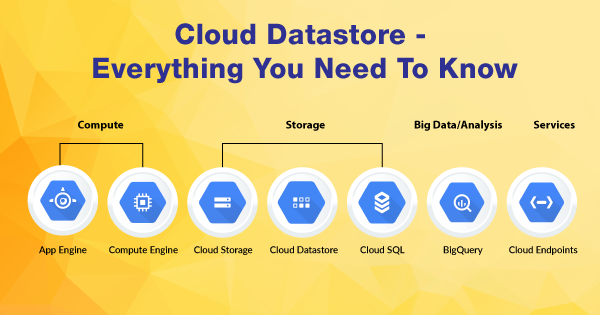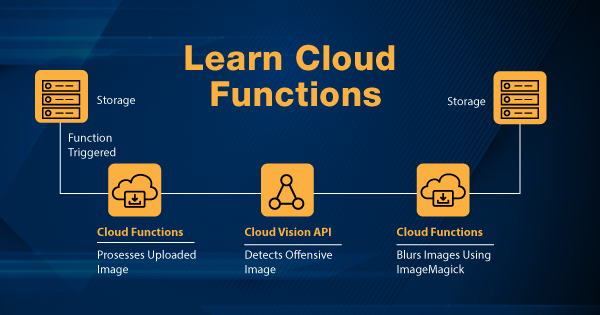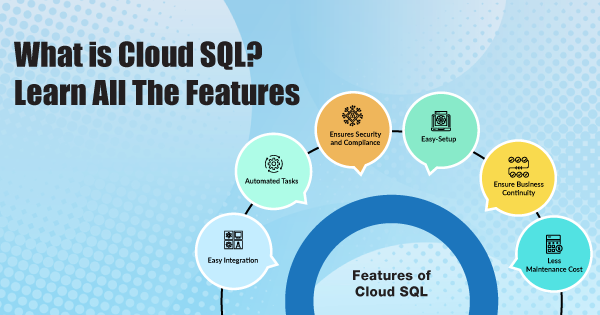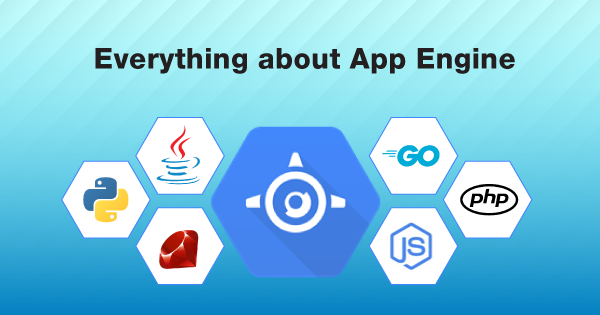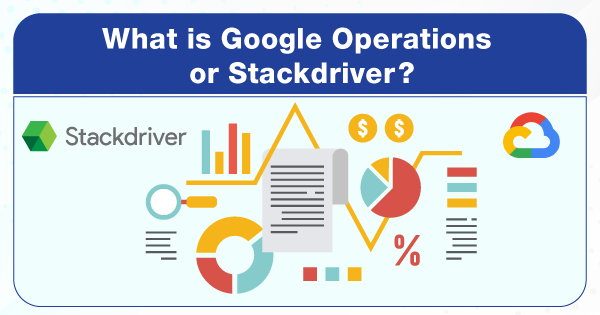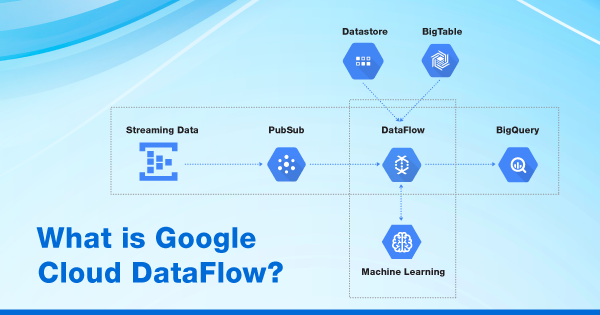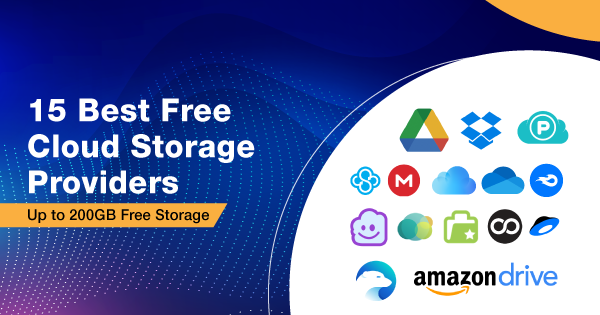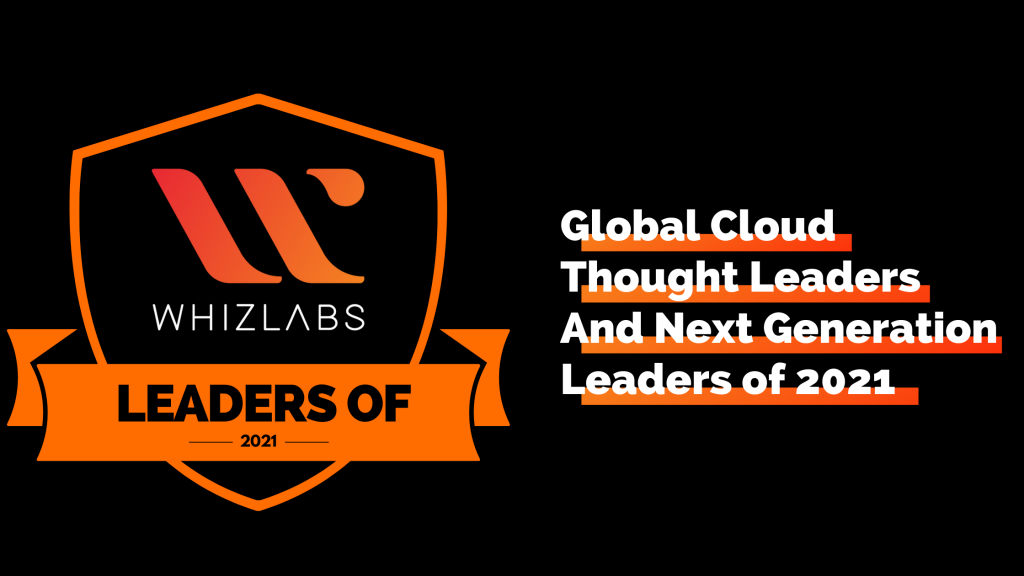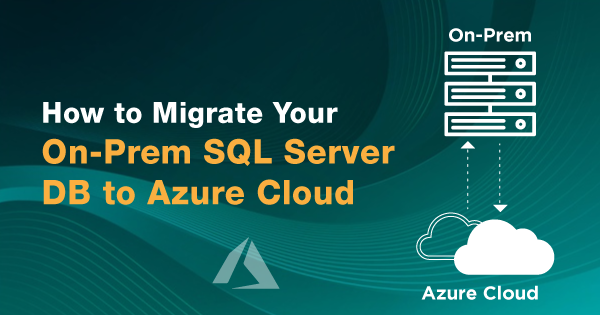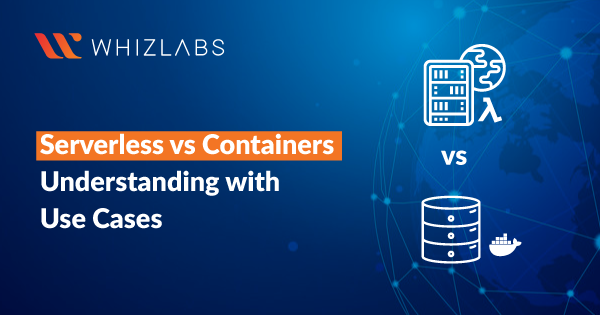Cloud Datastore – Everything You Need To Know
Google Cloud Datastore is a NoSQL database with high scalability for the applications. The purpose of Cloud Datastore is to handle replication and sharding aspects, to give you a durable and available database for automatic scaling of the load embedded over applications. Google Cloud Datastore offers high-end capabilities that include SQL-like queries, ACID transactions, indexes, and others, to help enhance the end outcomes. It is not just feasible concerning your scaling aspects but also takes care of application development and high performance. Cloud Datastore is rich with high-end functionalities to carry out atomic transactions. The datastore has the potential to execute several sets […]
Cloud Datastore – Everything You Need To Know Read More »
